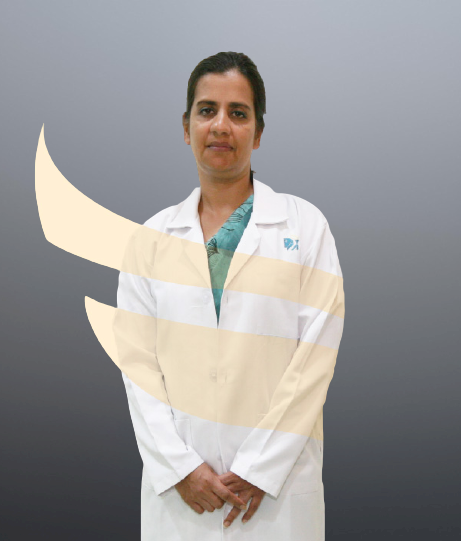Best Doctors for Glaucoma in Delhi
Glaucoma is a degenerative eye condition primarily affecting the optic nerve, often associated with a damaging buildup of pressure within the eye. The reasons for this pressure increase remain undetermined, with primary glaucoma having no identifiable cause. Secondary glaucoma, however, can be traced back to underlying health conditions such as diabetes, tumours or eye injuries.
In Delhi, one of India’s busiest cities, residents are often exposed to pollution and demanding lifestyle choices that could potentially exacerbate conditions like glaucoma. Thus, it is imperative to consult with the best glaucoma doctors or glaucoma specialists for early detection and effective management of this condition.









 Call Now
Call Now






